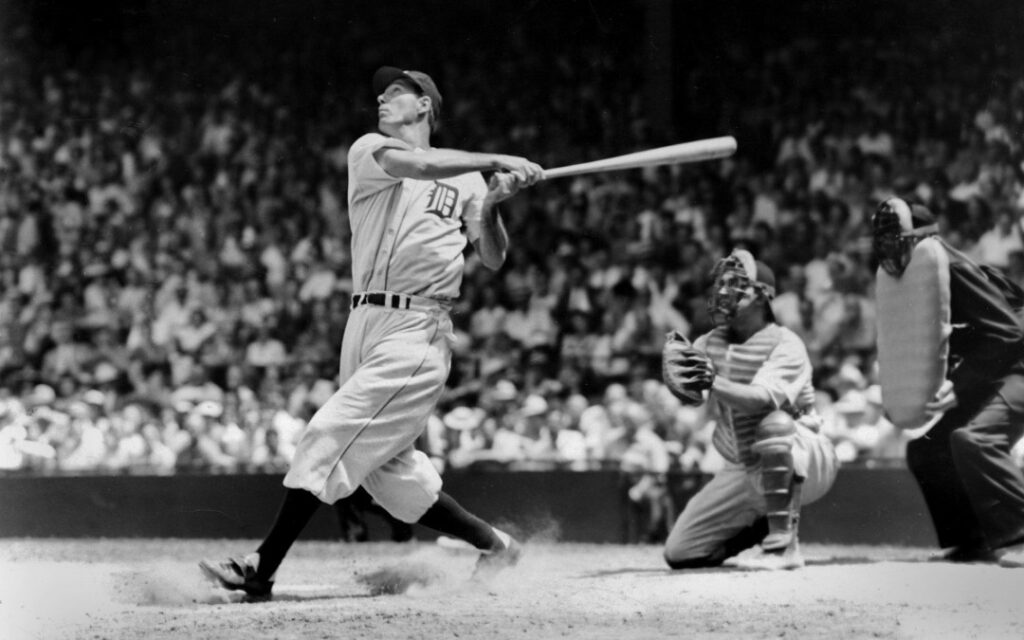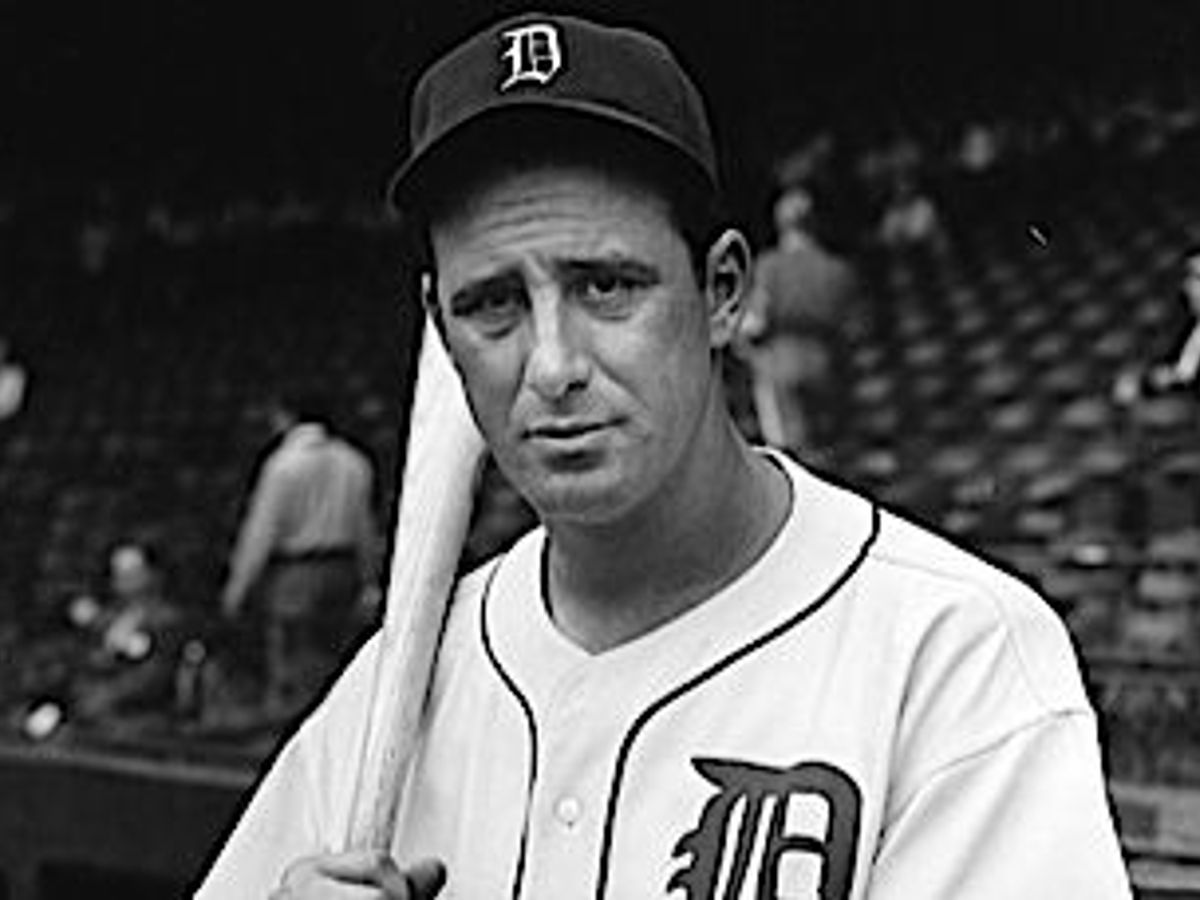Detroit, MI. – Detroit Tiger First Basemen Hank Greenberg was a legend. A two-time most valuable player award (MVP), a Hall of Famer, two world series championships, a World War 2 veteran, one of the greatest sluggers in major league history, and a Jew. And it was the latter that would have many people up in arms talking about him.
In 1934 America was a lot different for Jewish people then it is now. While anti-Semitism is still high and increasing more every day it seems, it was much more blatant to be prejudice against Jewish people back then. There would be signs on doors of business saying ” No Jews or Dogs allowed”. Neighborhoods barred Jews from buying homes, stores prohibited Jews, and the 1924 Immigration Act had installed quotas which significantly slowed Jewish immigration to the U.S. And Detroit was a big hotbed of racism and antisemitism.
And it didn’t help while right down the road in Dearborn Car industrialist mogul Henry Ford printed the world’s largest anti-semitic newspaper, the Dearborn Independent. Ford was very much against Jews and even one time he called them “the World’s Foremost Problem.”
And on top of that, there was a Detroit Catholic priest who had his own radio show. Father Charles Coughlin would spread his anti-semitic message to about 30 million weekly listeners. And to make matters worse Nazi Germany’s leader Adolf Hitler had started his persecution of the Jews. Hitler had actually started his hateful quest as early as 1922 telling journalist Josef Hell “Once I really am in power, my first and foremost task will be the annihilation of the Jews.” So there was a lot of anti-semitic hatred in the world and Hank saw it all first hand.
Hank was called every name in the book according to his son Steve. They threw racial slurs at him like crazy, saying things like “throw him a pork chop, he can’t hit it”, or calling him Mo (short for Moses). And it wasn’t just the opposing team’s fans it was many players also. At one point in the 1935 world series game against the Chicago Cubs umpire George Moriarty cleared the Cubs bench because it got so bad. And sadly Moriarity was disciplined by Major League Baseball commissioner Judge Kenesaw Martin Landis, a man who had been known throughout his quarter-century career as commissioner for keeping blacks out the major leagues. And while Hank was not known as the most observant Jew, he did respect and understand his heritage, being raised by his Orthodox Jewish parents who had migrated to the US from Bucharest.
So when there were 20 games left in the 1934 season and the Tigers looking to finish in first place for the first time since 1909, Hank decided to honor the Jewish Highest Holidays and sit out Rosh Hashanah and Yom Kippur, which fell on September 10th and 19th respectively. Greenberg searched his soul and consulted his rabbi and he did play on Rosh Hashanah, hitting 2 home runs in a 2-1 victory over Boston. But he would not play on the holiest Jewish holiday, Yom Kippur, the Jewish day of Atonement.
The fans and Detroit Free Press were none too happy with his decision. In those days, and even to an extent today, most people don’t understand Jewish laws and traditions. And Hank didn’t play and the Tigers lost to the Yankees that day 5-2. And the fans and media were upset. In a time when media could step up and use their far-reaching voices for the good of mankind and unity, they chose to take a different route, merely days after printing the headline “A Happy New Year For Everybody”, in regards to his Rosh Hoshanah decision, they weren’t as kind now.
Whether Greenberg realized it or not, in many eyes around the world he was considered a hero. Greenberg stated in his autobiography that when he attended his synagogue, Congregation Shaarey Zedek in the Detroit suburb of Southfield, he was greeted with a strong standing ovation by the Congregants. Since Hank did it, great Jewish players like Sandy Koufax and Shawn Green have also chosen to sit out on Yom Kippur. They chose faith over livelihood. They chose their beliefs over personal gain. They used their sports celebrity status as a voice for what they truly believed in. Much like today.
Greenberg was the first Jewish sports superstar in America and he didn’t sit out for more money, to protest, for publicity, to make a statement, or to claim more fame or popularity, he did it because it’s something he believed in. And even growing up I would hear from Jews how brave he was especially during those times and on the other hand, I would hear that he was a no-good overrated kike. I tend to believe the former statement.
In 1947 when the baseball color barrier was broken by the great Jackie Robinson, Greenberg encouraged Robinson and was one of the first players to greet him. Robinson stated that Greenberg helped him get through his rookie season. Because although not black and not getting racism for his skin color, Greenberg knew what it was like to be hated and prejudiced against. And he didn’t like that then. And neither should we now.


